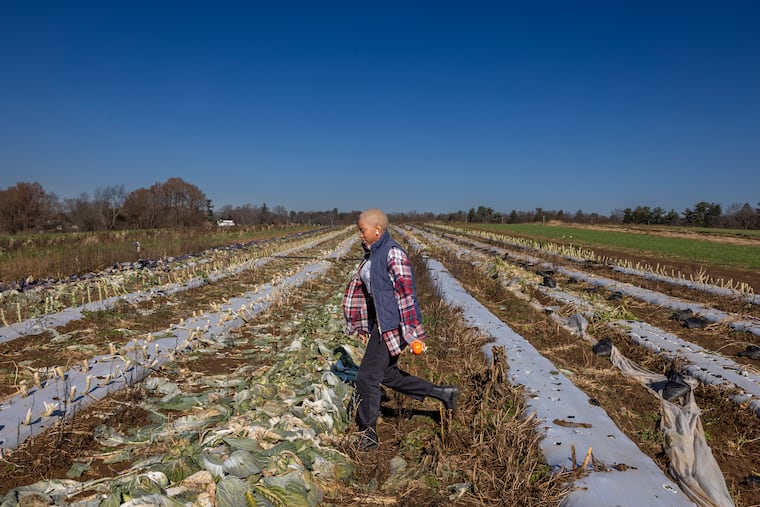Florida attorney general states he cannot stop arrests related to the recently blocked law.
In a significant development in Florida’s immigration policy landscape, Attorney General James Uthmeier communicated on Wednesday that state and local law enforcement agencies are not barred from enforcing a controversial new immigration law. This communication follows a court ruling that directly challenged the validity of such enforcement.
Uthmeier’s memo, which has been circulated among Florida’s law enforcement agencies, contends that there are no current legal barriers preventing the enforcement of Florida’s new laws regarding illegal entry and reentry into the state, despite a federal judge’s previous ruling to the contrary. U.S. District Judge Kathleen Williams last week admonished state attorneys after it was revealed that officials with the Florida Highway Patrol had arrested more than a dozen individuals, including a U.S. citizen, in violation of her directive to halt such actions.
The legislation in question criminalizes the act of entering Florida without registering with border authorities, representing a critical element of Governor Ron DeSantis’ immigration agenda. This initiative aligns closely with past efforts by the Trump administration to ramp up enforcement against undocumented immigrants.
Judge Williams has extended her ruling that blocks the enforcement of this law through April 29 and has scheduled a subsequent hearing. Her order explicitly commands that various law enforcement bodies—including the Florida Highway Patrol and municipal police departments—are obliged to adhere to her directives.
Despite this judicial order, Uthmeier initially instructed law enforcement agencies to comply with the ruling but has since asserted that he cannot hinder their ability to enforce state immigration laws. He emphasized that his office may share the evolving interpretations of Judge Williams’ order, but he does not possess the authority to prevent the enforcement of state laws where no formal prohibition exists.
In court filings, Uthmeier’s office maintained that the federal ruling only pertains to the named defendants—his office and state attorneys—and does not extend to independent law enforcement agencies. This assertion suggests that the Attorney General’s office believes local police and county sheriffs are not bound by the same legal constraints.
The American Civil Liberties Union (ACLU) of Florida has responded critically to Uthmeier’s latest statements, asserting that they contradict the federal court order, which clearly stipulates that both the state and its officers must refrain from enforcing the disputed law.
Support from Governor DeSantis for Uthmeier’s position suggests strong political backing for the enforcement of the state’s immigration measures. While the governor circulated Uthmeier’s memo and expressed a commitment to upholding and enforcing immigration law, the ambiguity regarding whether local police should continue arrests amidst judicial conflict remains unresolved.
As tensions escalate over immigration enforcement practices in Florida, the state navigates a complex legal landscape, reflecting broader national conversations around immigration policy and the role of state versus federal authority. This unfolding situation serves as a critical touchpoint in the ongoing dialogue surrounding immigration in America.
For additional insights and updates on Florida immigration policies, refer to Media News Source.







